Lessons from the Past: Cooperative Sustainability
By: Te’Jal Cartwright
Building and sustaining cooperatives that fulfill the needs of our community takes work from all of us. The work begins with a cooperative’s conception, and continues throughout all stages in order to ensure its longevity. In the past, we’ve seen how the cooperative mindset provided resources for communities that were forced to make do on their own. The question that we must ask ourselves now is how do we keep these businesses open, and make sure that they can thrive and be a resource to the people.
“Collective Courage”, a book by Dr. Jessica Gordon-Nemhard, breaks down the history of cooperative work in Black communities. Periods like The Reconstruction Era (1863-1877) and the Great Depression (1929-1939) moved Black people into action to figure out how to take care of each other with their own resources because that was the only option they had. These periods of hardship propelled communities into action, relying on their own resources to survive and thrive.
Over time, cooperative movements began to include groups of those oppressed by class as well. The cooperative economy created an alternative for the people and it still does today. Cooperatives build leadership and create opportunities for economic growth. The Gem City Market is just one of many great examples of a solution to a community’s needs when it comes to accessing high quality groceries. But cooperative movements don’t sustain themselves on their own. It takes intentionality and a personal investment into the solutions that we create together. It takes human agency*.
*Human agency refers to the thoughts and actions taken by people that express their individual power.
In Co-op Dayton’s third episode of Our Shared Future, Dr. Jessica Gordon-Nembhard spoke about human agency and how it’s up to us to implement the things we want to see. She says, “Human agency doesn’t have to be overwhelming or overbearing. We all have to have that sense of agency and self determination.” Our self determination gives us the stamina to sustain the cooperatives of today and continue building on the solutions that have uplifted underserved communities for centuries.
Looking for ways to get involved? Consider supporting local cooperatives, sharing your insights, and exploring leadership opportunities within these organizations. As we strive to build the community we envision, let's draw lessons from the past to ensure cooperatives like Gem City Market, Westside Makerspace, and NuSol Farms thrive for generations to come.
Join us on April 18th at 7pm EST on Facebook Live for the next episode of Our Shared Future. amaha and KeAnna will sit down with Izzy Olaore and Mariah Johnson to discuss how we must nurture the soil of our community. Please join the conversation, share your thoughts, and get involved as we continue moving in solidarity to create the community we wish to see.
Facebook: https://www.facebook.com/COOPDayton
Catch up on previous episodes: https://www.youtube.com/@co-opdayton/playlists
Te’Jal Cartwright is the owner and lead story coach for Lore. Her goal is to build community and bring healing through truth and transparency.
